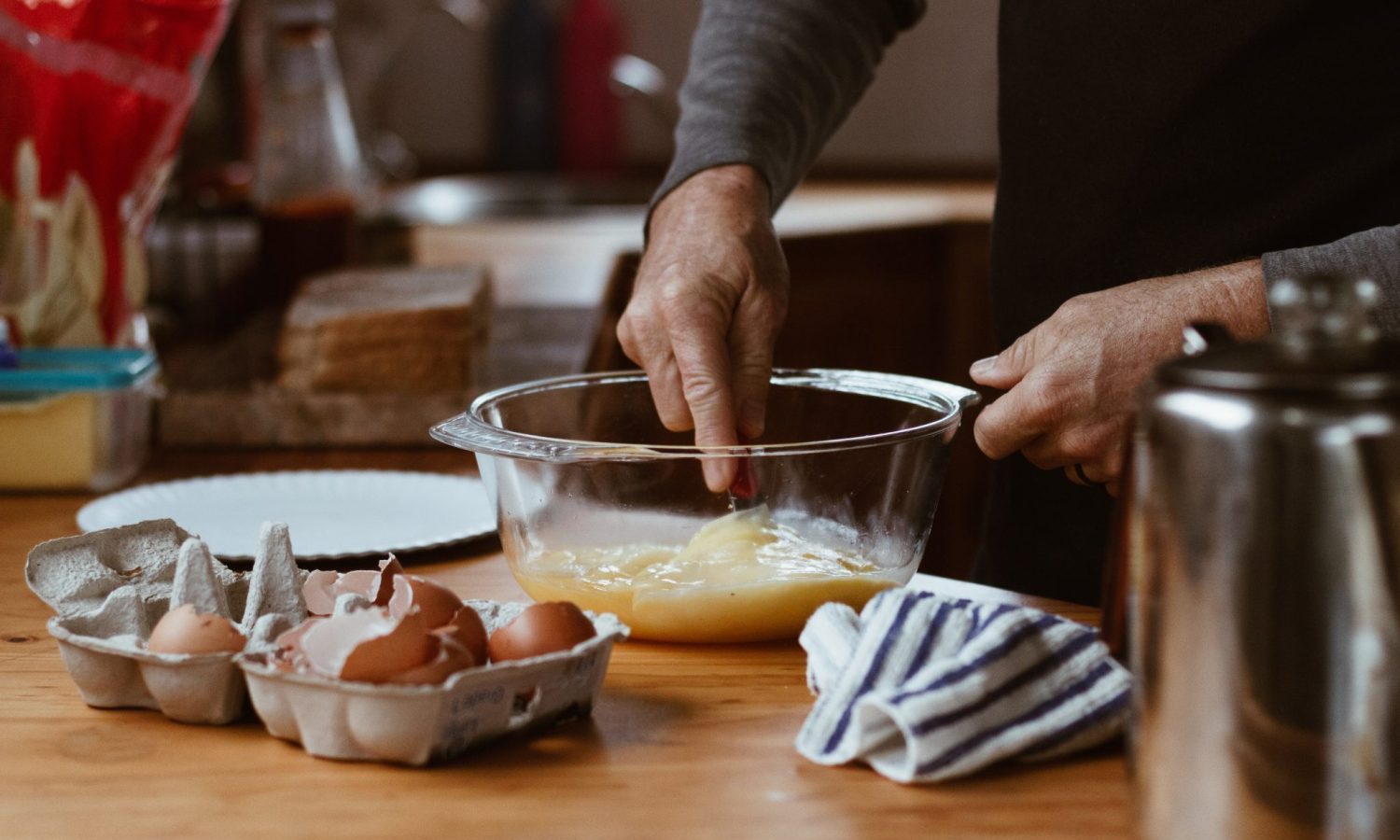Like most cannabis related activities, the preparation of edibles requires a healthy amount of trial and error.
Making edibles is a learning experience. Aside from the fact that you’re handling and cooking with weed, you’re also baking, which is a temperamental art. While dosage may take a few attempts to get right, a bad tasting edible ruins a good amount of weed, which is something we should avoid.
While there’s no way of protecting yourself against all unexpected factors when making infused treats, there are a few simple mistakes that can be avoided with some foresight. These will prevent your edibles from tasting gross and, most importantly, from not wiping you out with a single bite.
Here are six common mistakes to watch out for when preparing edibles.
Use equal amounts of weed and oil

“Less is more” might as well be marijuana’s tag line, because it’s preferable to be a little buzzed than to have a full blown freak out because you ate an edible that was too strong. Even if you want to get crazy high, there’s only so much the lipids in oil will bind to your cannabis, so avoid wasting your weed and money.
RELATED: How Do You Calculate THC Levels In Your Cannabis Edibles?
The ratio you’re looking for is 1:1 — equal parts ground cannabis and oil. If you want to extend the life of your weed, you can also infuse your oil with cannabis stems, trims and vaporized flower.
Remember to decarboxylate
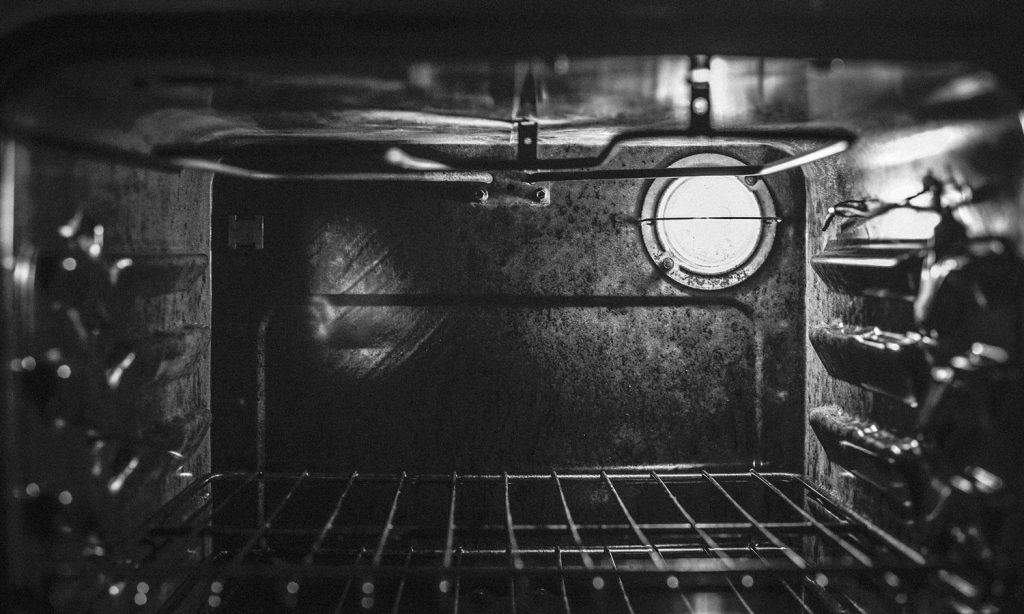
Before adding cannabis into your recipe, you must decarboxylate it. This process occurs when you heat up cannabis on its own and allow it to release its effect.
If you add raw cannabis into a mix, your edibles will taste terrible and no one will get high. Be sure to heat the cannabis beforehand and to add it in once the decarboxylation process has occurred. Here’s How To Decarb Cannabis, According To Pros.
Don’t grind your cannabis too much
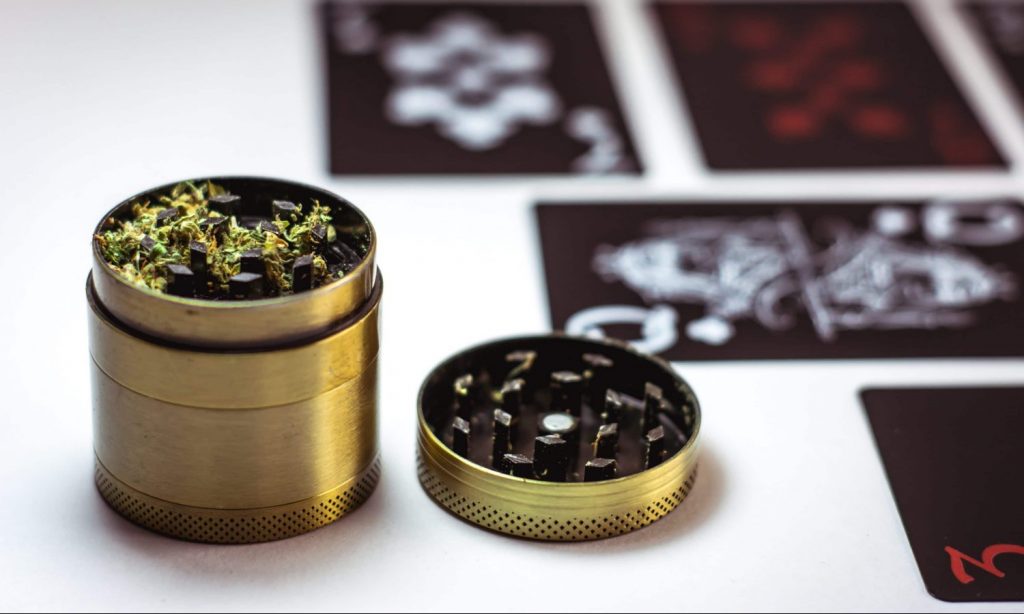
RELATED: 7 Differences Between Edibles And Smoked Marijuana
Grinding your cannabis into a fine powder will make your recipe taste grassy and bad, all the while giving a green tint to your oil. The fine grind will also make it harder for you to strain the plant out of the oil, leaving you with ugly and bad tasting chunks of weed in your edibles. In order to avoid this, grind the marijuana with your hands, mix it into the oil and then strain it.
Taste your cannabutter
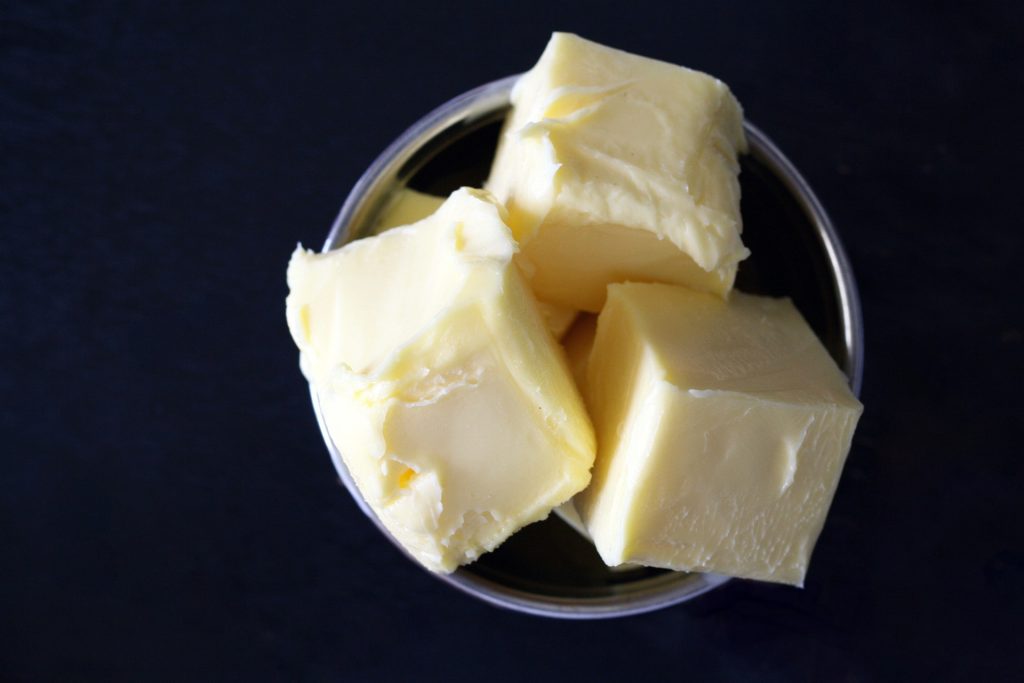
RELATED: Cannabutter 101: How To Dose Your Baking Without Totally Baking Your Friends
If you’re making cannabutter, remember to taste as you go. Cannabutter is great in cannabis edibles, simplifying recipes, so it’s very important to ensure that you know what you’re working with, in terms of flavor and potency. Before you start cooking, try a spoonful of cannabutter. If you cook with the necessary time, you’ll have an understanding of how strong your cannabutter is and how much you should pour into whatever it is you’re baking.
Avoid taking liberties with the recipe
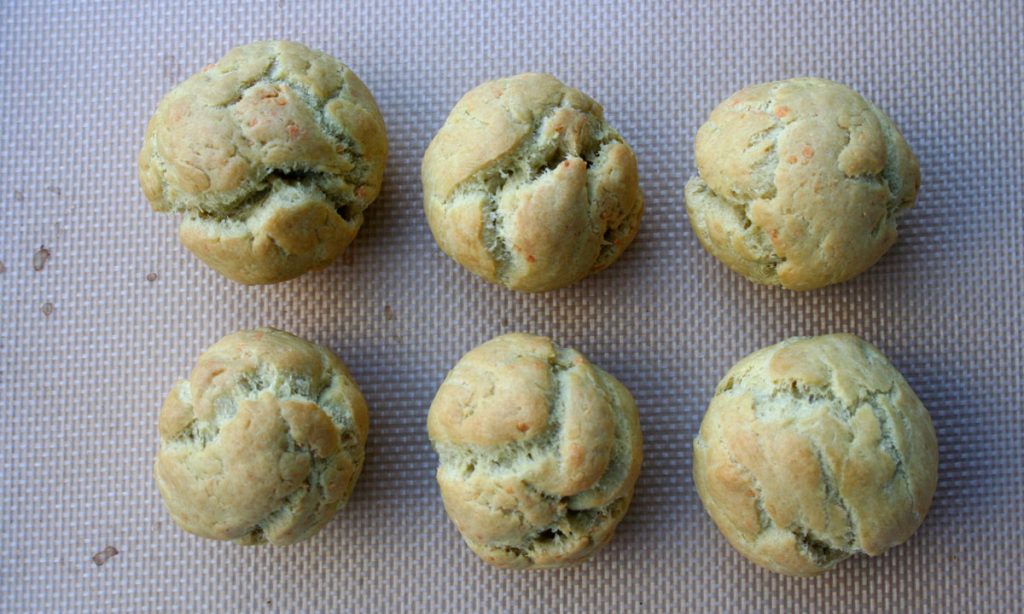
If you’re feeling creative, hold back. Unless you’re a baking and cannabis handling expert, it’s best to stick to the recipe, increasing your odds of success and making an edible that’s actually edible.
It’s better to be safe than sorry
Preparing edibles is a taxing process, so it’s logical if you’re feeling tired and just want to get to cooking without having to take any extra steps. Nevertheless, if you want your edibles to have some sort of uniformity, make sure to use the same amounts of infused oil per serving. If you prepared the oil yourself and want to know how strong it is, have a teaspoon, wait for an hour and see how you feel.

